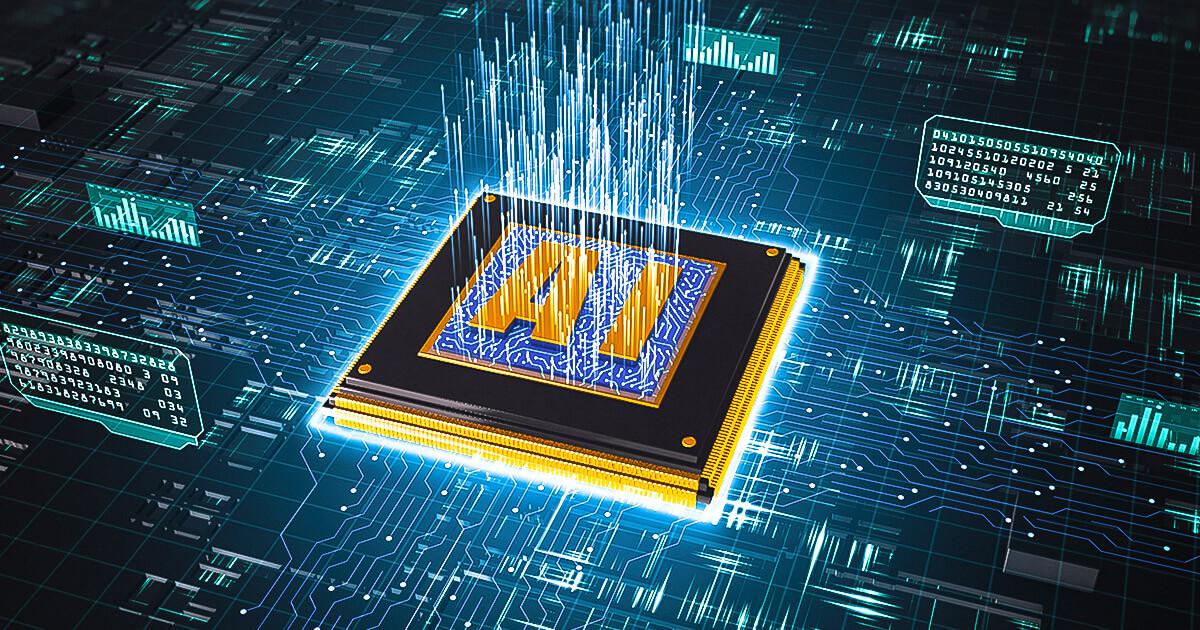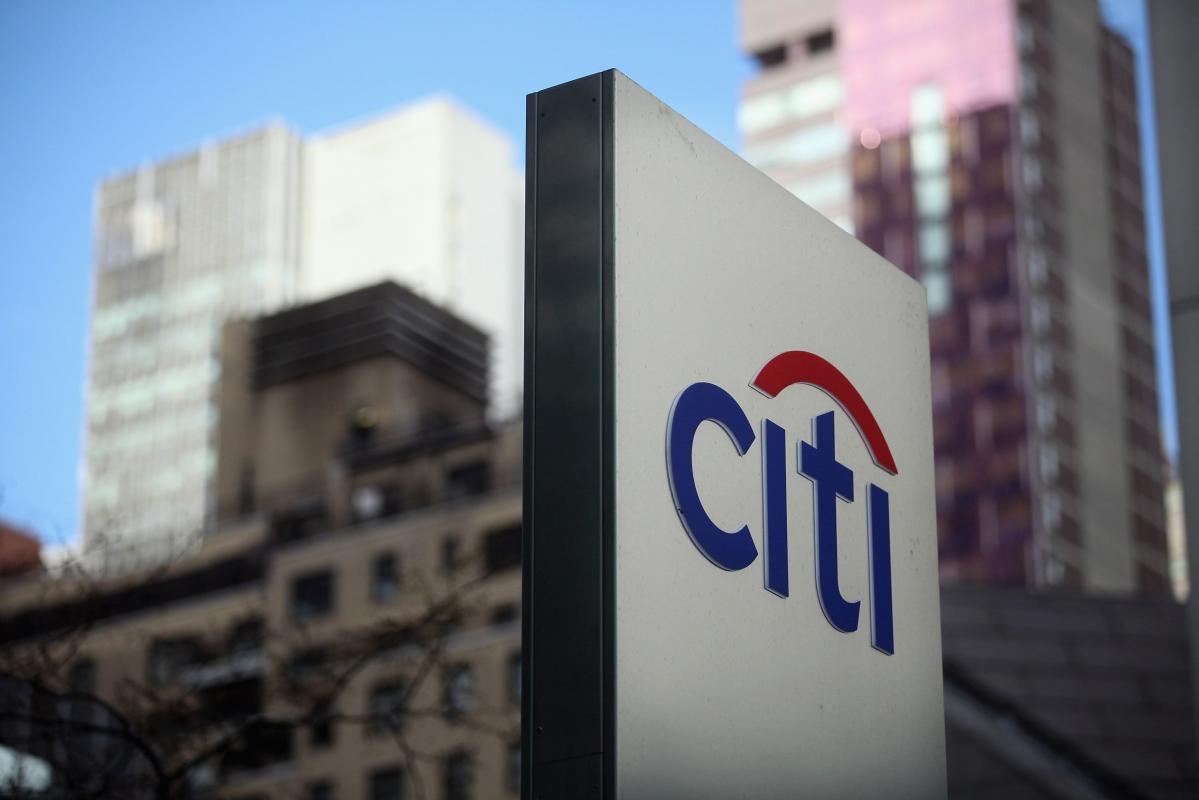As the world of artificial intelligence continues to grow, Meta’s latest advancements in AI hardware are proving to be a significant milestone. The latest version of MTIA showcases remarkable improvements in performance that will enhance Meta’s ad ranking and recommendation models. This achievement not only underscores the technical progress of AI-specific hardware but also highlights Meta’s dedication to investing in cutting-edge AI infrastructure.
Meta has taken a strategic approach to AI development by designing the architecture of this chip to strike a balance between compute capacity, memory bandwidth, and memory capacity for optimal performance in ranking and recommendation models. The chip features an 8×8 grid of processing elements (PEs) that deliver significantly improved dense and sparse computing performance compared to its predecessor. To achieve these performance gains, Meta increased the size of the PEs’ local memory, doubled on-chip SRAM, enhanced bandwidth, and expanded LPDDR5 capacity.
As the competition for AI leadership intensifies, Meta’s investment in AI infrastructure and hardware is playing a crucial role in shaping the future of artificial intelligence technologies. In addition to developing its own AI technologies, Meta has chosen to rely less on third-party services and infrastructures, positioning itself as a dominant player in AI innovation. With the launch of MTIA, Meta is demonstrating its ability to push the boundaries of AI hardware design and performance, setting a new standard for the industry.
The latest advancements in MTIA are proof that Meta is committed to staying ahead in this rapidly evolving field. By focusing on developing its own AI technologies and investing heavily in cutting-edge infrastructure and hardware, Meta is positioning itself as a leader in artificial intelligence innovation.
In conclusion, MTIA represents a significant milestone in AI technology that will enhance Meta’s ad ranking and recommendation models. The chip features an 8×8 grid of processing elements (PEs) that deliver significantly improved dense and sparse computing performance compared to its predecessor due to increased local memory size, doubled on-chip SRAM, enhanced bandwidth, and expanded LPDDR5 capacity.
Meta’s commitment to investing heavily in cutting-edge infrastructure and hardware highlights their dedication to pushing the boundaries of artificial intelligence technologies. With these advancements under their belt, it seems clear that Meta will continue to be at the forefront of innovation as they compete for dominance in this rapidly evolving field.



